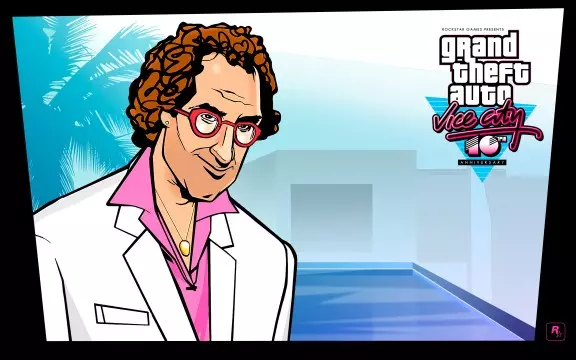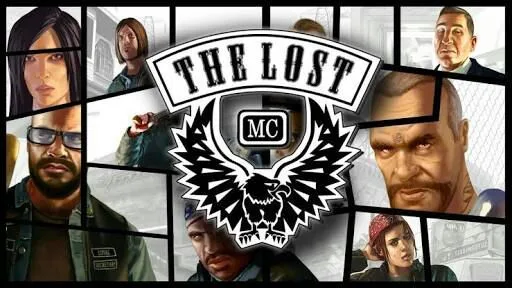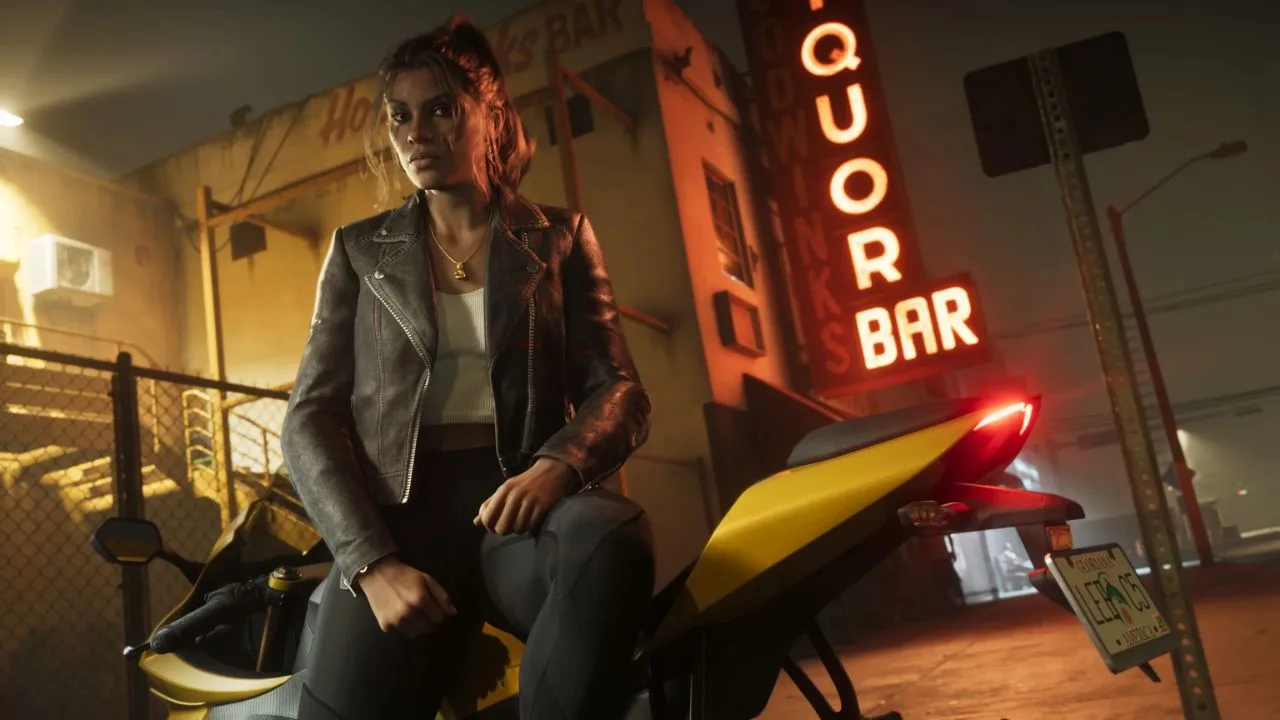The release of GTA 6 marks a new chapter for one of gaming's most influential franchises. While the game promises technical and narrative innovations, audiences are also eager to see how it will interact with previous titles. Connecting with the series' legacy could be one of Rockstar's key strengths in maintaining a cohesive and engaging universe.
- GTA 6 was rejected three times before the final version
- GTA 6 may have a rewritten final chapter after plot cuts, rumor says
Maintaining this continuity doesn't mean repeating old formulas, but rather integrating subtle references, memorable characters, familiar locations, and narrative elements that are part of players' emotional memories. This strategy, in addition to reinforcing the franchise's identity, can serve as a starting point for new stories, thus keeping veterans engaged and introducing newcomers to an already established universe.

Reusing classic maps in a new context
An effective way to connect GTA 6 to previous games is through the use of redesigned sections of classic maps. By incorporating familiar areas like Vice City or Liberty City, even if only partially, the game can evoke nostalgia in veteran fans without compromising the original storyline. These environments can serve as mission zones, secret locations, or landmarks, enhancing the sense of belonging within the franchise's universe.
Participation of old characters in new narratives
The occasional return of iconic characters can create narrative bridges between titles, even if their appearances are brief or indirect. Characters like Ken Rosenberg or Brucie Kibbutz can appear in radio announcements, messages, or secondary interactions. This approach allows for a tribute to previous games without compromising the prominence of new characters, and also encourages players to carefully explore the plot details.

Presence of items and objects with historical value
Including objects from previous plots, such as legendary weapons, classic vehicles, or sought-after artifacts, is a subtle way to reaffirm the universe's continuity. Furthermore, these elements serve as visual and functional reminders, enhancing player recognition and fueling the franchise's internal mythology. When well-integrated, these objects add depth to the game world without relying on superficial nostalgia.
Strategic insertion of established gangs and factions
Criminal organizations play a central role in the franchise's setting. Incorporating already well-known groups, such as the Triads or the Lost MC, can expand connections between the games and enrich local conflicts within GTA 6. The presence of these factions reinforces the identity of the GTA universe and allows for narrative crossovers with past episodes, paving the way for political disputes, temporary alliances, and long-standing rivalries.

Easter eggs as a form of parallel narrative
Easter eggs are more than just visual treats. When used well, they serve as a second narrative layer. In GTA 6, hidden references to events and characters from previous games can stimulate curiosity and increase players' exploration time. These hidden clues reward the most attentive and strengthen community engagement, which often mobilizes to decipher them collectively.
Why continuity matters to the success of GTA 6
Maintaining ties to previous games isn't just a matter of fan service; it's a strategy that enhances the franchise's shared universe. Building coherent connections helps give the plot consistency, expands narrative possibilities, and rewards fans who have been following Grand Theft Auto since the first titles. Thus, GTA 6 can offer an innovative experience without losing the soul of the series that has won over millions of players worldwide.


